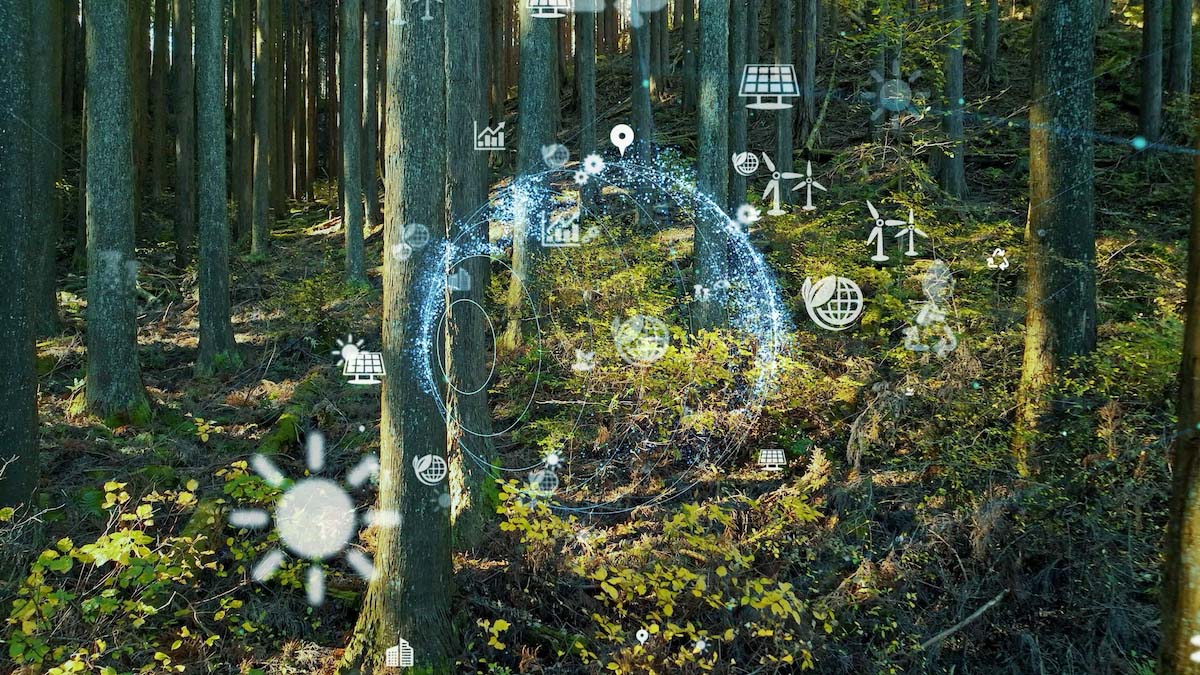The workshop explores the foundational challenges the law is faced with in the Anthropocene by discussing some of the most influential theoretical approaches to the Anthropocene as well as engaging with recent doctrinal debates such as the Rights of Nature and the debate on Planetary Boundaries.
The term Anthropocene is used in a variety of ways: to describe a new geological era (Crutzen 2002), a major rupture in our understanding of human history (Chakrabarty 2012), an existential ecological crisis of the earth-system (Steffen et al 2015), and the dissolution of the dichotomy of nature/culture as well as nature/humans (inter alia Latour 2017; Descola 2011). Within the legal discourse, all of these aspects are present, often at the same time (Birrel/Matthews 2020). That is to say, the Anthropocene has no settled meaning in the legal discourse (Petersmann et al 2022). Rather, the term Anthropocene is used more broadly, referring to the legal challenges involved in tackling ecological crises such as climate change, mass extinction, and ocean acidification. Against this background, we can distinguish two dominant strands in the debate on the law in the Anthropocene, namely environmental design and environmental protection. Affirmative legal approaches to the Anthropocene aim to actively develop the legal instruments for designing natural processes and the environment according to human needs. In contrast, sceptical approaches to the Anthropocene hold that the task of the law in the Anthropocene is to protect the environment against the ever-increasing destructive and intrusive encroachments of human activity.
Recently, however, these dominant approaches to the law in the Anthropocene have been challenged by a very diverse body of literature. According to this new strand, the Anthropocene does not only describe a set of ecological crises, but more fundamentally a challenge to the way modern law has shaped the current state of nature and the relationship of humans and nature therein. More specifically this view is built on three central claims:
First, proponents of the new strand adopt the hypothesis of law and political economy scholars according to which the law has a constitutive role for economic processes. On this view, the law is not primarily a tool to mitigate the ecological crises associated with the Anthropocene but rather an integral part of the economic structure of exploitation that has brought about the Anthropocene.
Second, these approaches re-evaluate the concept of legal subjectivity underpinning modern law. They hold that only an expanded notion of legal subjectivity will stand a chance to grasp the complex modes of co-existence and interspecies relations necessary for bringing about a new way of relating to natural processes, non-human entities, and things in a more-than human world. This also has consequences for how to conceive of democratic rule making beyond human subjects of legitimation.
Third, this strand engages with new materialist approaches to argue that the Anthropocene denotes not only the epistemological problem to adapt legal rules to evolving scientific knowledge about the Earth-System and its Planetary Boundaries. Rather, according to this view, the Anthropocene has also an ontological dimension in that it calls into question the dualist conception of the relation between human beings and nature as well as the distribution of agency along this dichotomy.
Building on this new strand of literature this workshop aims to explore the foundational challenges facing the law in the Anthropocene. We will do so by studying and discussing some of the most influential texts of the new strand as well as engaging with recent doctrinal debates such as the Rights of Nature, the regulation of certain geoengineering measures, the debate on Planetary Boundaries and Earth-System-Governance, and the role of human rights in the Anthropocene.
Limited enrolment: please register below.
